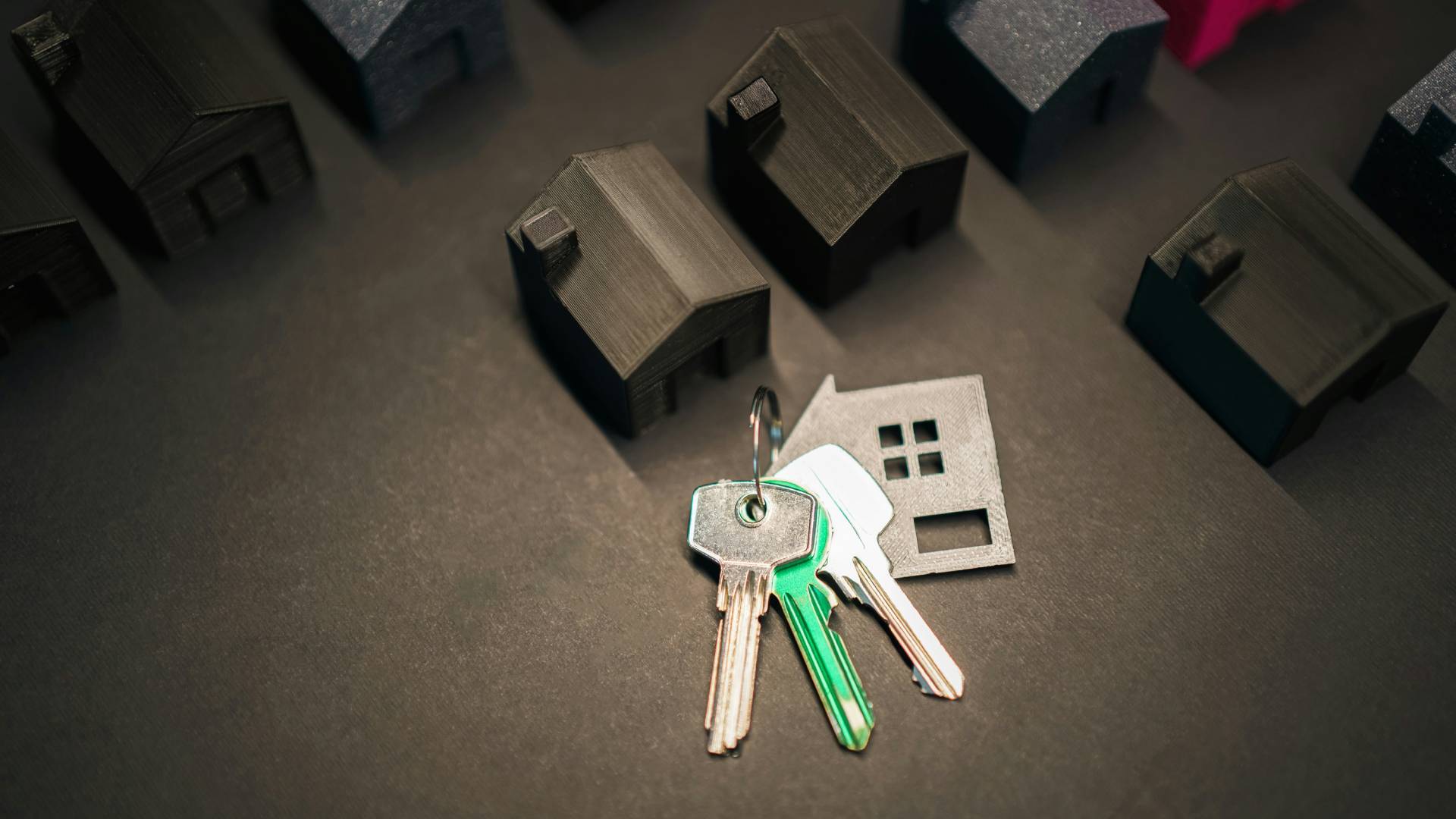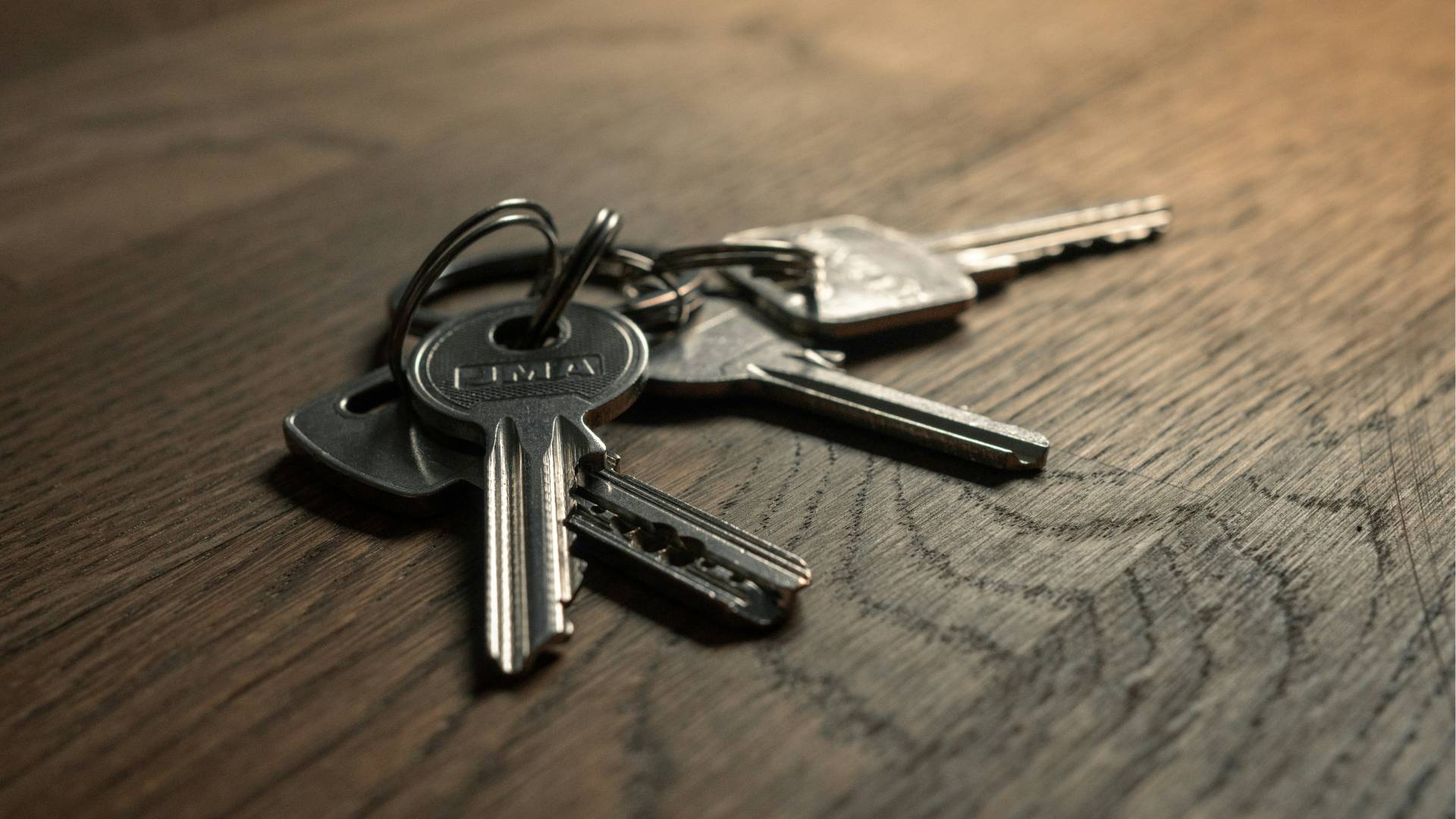Understanding Debt Recovery and How We Can Help
A debt can arise in various situations, most commonly when a debtor is issued an invoice for goods supplied or services rendered, but fails to pay within the agreed terms. It is not unusual for debtors to stop responding once a debt is due, making legal assistance necessary.
After receiving your debt recovery enquiry, our team will review the relevant documents to confirm the debt amount, calculate any applicable interest, and determine whether the Late Payment of Commercial Debts (Interest) Act 1998 applies.
Initial Steps: Letter of Claim
We will send a formal Letter of Claim to the debtor, confirming the amount owed and providing our bank details to allow a final opportunity to pay. This letter must comply with specific legal requirements—failure to send a correctly formatted letter may leave you liable for your own legal costs and potentially those of the debtor.
Small Claims vs. Higher Value Claims
If the debt is under £10,000, the claim will be handled under the Small Claims Track. Legal costs are generally not recoverable from the defendant on this track, so hiring legal representation may not always be cost-effective.
For debts exceeding £10,000, claims will be allocated to either the Intermediate, Fast Track, or Multi-Track, each with different rules regarding recoverable legal costs. It is vital to file documents within the court’s strict deadlines and formats to avoid adverse cost orders, so obtaining legal advice is highly recommended.
After Making a Claim
Once the claim is served, the defendant has 14 days to file an Acknowledgment of Service or a Defence. If no response is received, we can apply for a default judgment—an order requiring the debtor to pay the claimed sum.
If the defendant responds, they may admit the claim but request time to pay, admit part of the claim, or fully defend it. In defended cases, the court will issue directions outlining the next steps, which can include complex paperwork and potentially a trial, often scheduled within one to two years.
Enforcement Options and Insolvency Proceedings
For commercial debtors, if the debt exceeds £750, we can apply to wind up the company, which often encourages payment. If the debtor is an individual and the debt exceeds £5,000, a bankruptcy petition can be made, allowing the debtor’s assets to be sold to repay creditors.
Once a court order is obtained, we will advise on the most appropriate enforcement methods tailored to the debtor’s situation.
For further advice and assistance, please contact our Litigation and Dispute Resolution team on 01604 344562 / 01908 916096 or email [email protected].
Disclaimer: The information provided on this blog is for general informational purposes only and is accurate as of the date of publication. It should not be construed as legal advice. Laws and regulations may change, and the content may not reflect the most current legal developments. We recommend consulting with a qualified solicitor for specific legal guidance tailored to your situation.

Written by Nieve Frances Jones
Solicitor, Dispute Resolution at Franklins Solicitors LLP
Specialises in property evictions, debt recovery, civil and contract disputes, TOLATA claims, injunctions, and contentious probate including inheritance and trust disputes.
Nieve Frances Jones is a Solicitor at Franklins Solicitors LLP, having recently qualified after completing her Law degree at the University of Northampton and her LLM and Legal Practice Course at BPP University.
She specialises in civil and commercial litigation, covering areas such as property evictions, debt recovery, boundary and neighbour disputes, contract claims, defamation, and contentious probate.
Nieve is passionate about guiding clients through the litigation process and works closely with her team to ensure clients receive clear, accurate advice from the outset.
Outside of work, Nieve enjoys hiking, Brazilian Jiu-Jitsu, Muay Thai, and spending time with family and friends.





